Durwin Striplin, Associate Professor of Chemistry,
Davidson College
The use of chemical demonstrations to assist teachers in providing eye-catching visuals for their classes is a time honored teaching tool. There is no reason that these methods should be just for science classes! The goal of this seminar is to help teachers feel comfortable measuring and mixing chemicals, to help them put together low-cost, quick demonstrations of sufficient quality so the teacher can reference them throughout the semester, and along the way learn a bit of chemistry.
- We want to become confident in building demonstrations. As the semester progresses, we will plan and set-up for a full, one hour long, “Chemistry Magic Show.” In doing so, we will learn the basics of preparation, measuring and mixing chemicals, appropriate safety precautions, proper waste clean-up, and stage craft. We will obviously have to learn some basic chemistry along the way as we need it. The goal in this context is to build a show that entertains as well as teaches!
- We need to identify resources that we can use in finding appropriate demonstrations. We want to build databases that identify websites and books that we can mine for ideas, places to find chemicals and materials, and a network of like-minded folks who can help us brainstorm ideas for good demonstrations.
- We want to learn how to build a unit of study using chemical demonstrations. We can model this by having the whole class find, design, and build demonstrations that could be used in the teaching of the timely subjects of energy, fuels, sustainability, and conservation.
- We want to figure out how to find and build demonstrations that don’t require a lot of resources.
- We want to use demonstrations in a way that will be appropriate for the class, the subject, and more importantly, the teacher. We want to design a rubric and strategy for every teacher that will help guide them as they look for good demonstrations.
- We want to design some demonstrations that will require class participation.
- We want to spend as much time as we can, playing in the lab!
Explore curriculum units developed by Fellows in this seminar here.














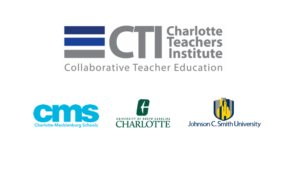
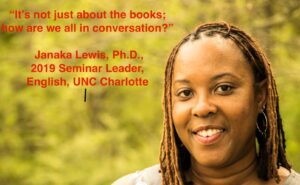
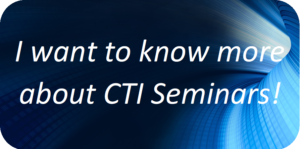
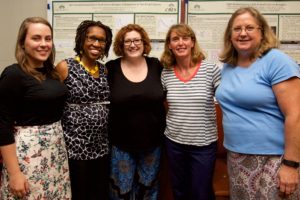
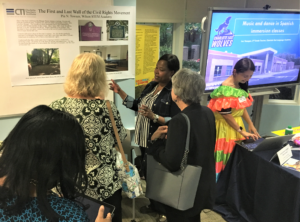
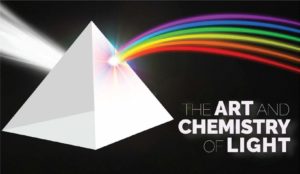




 Home
Home